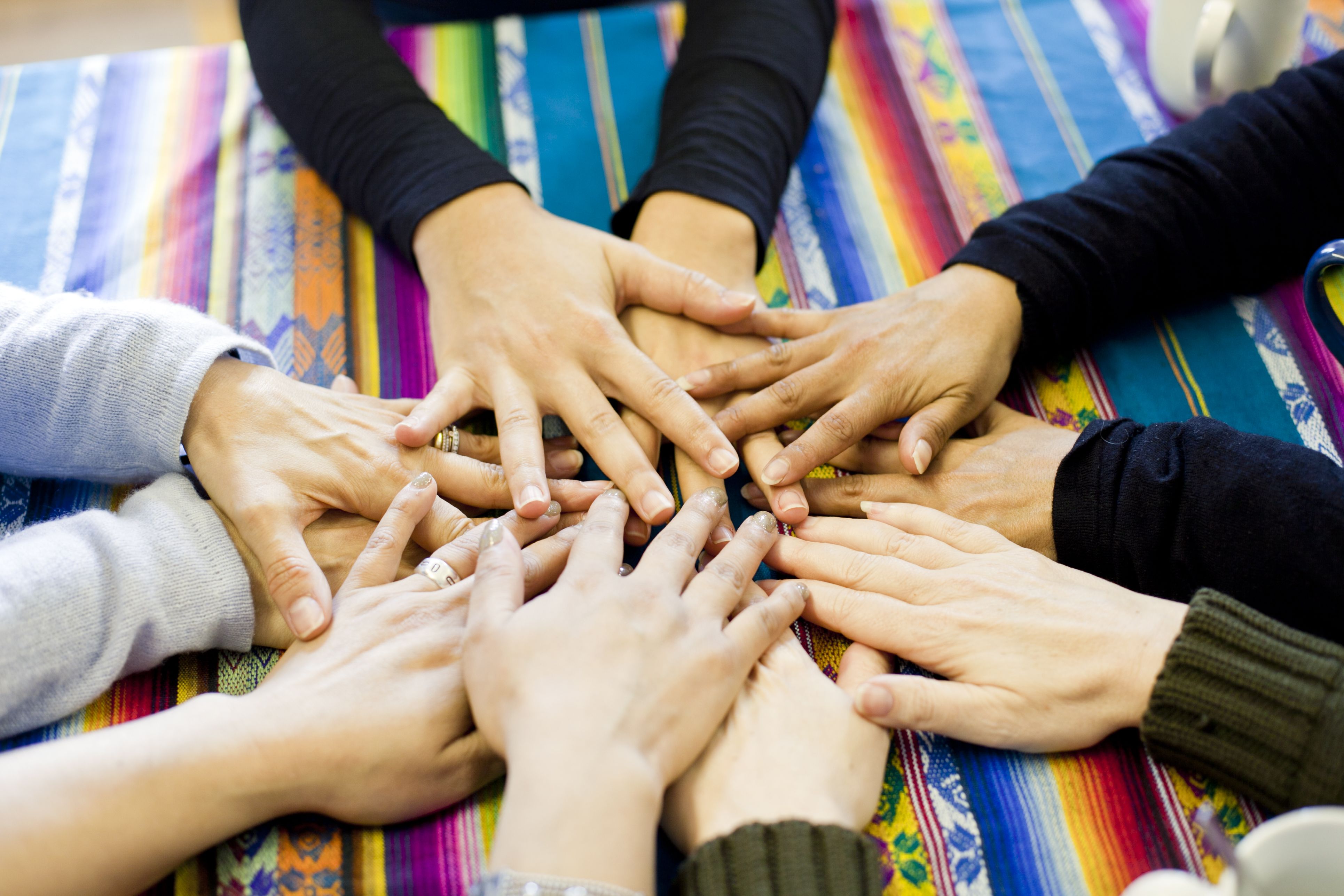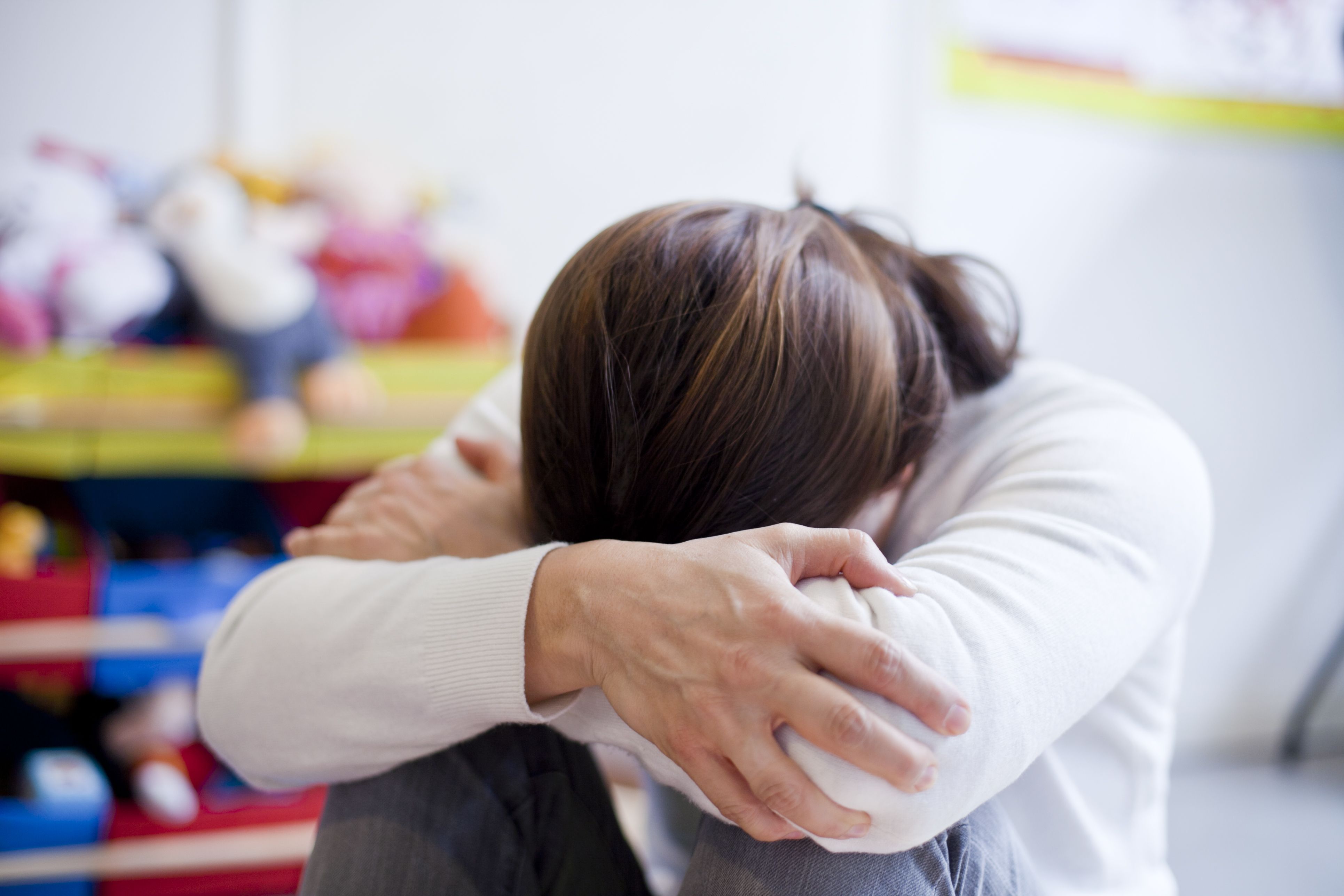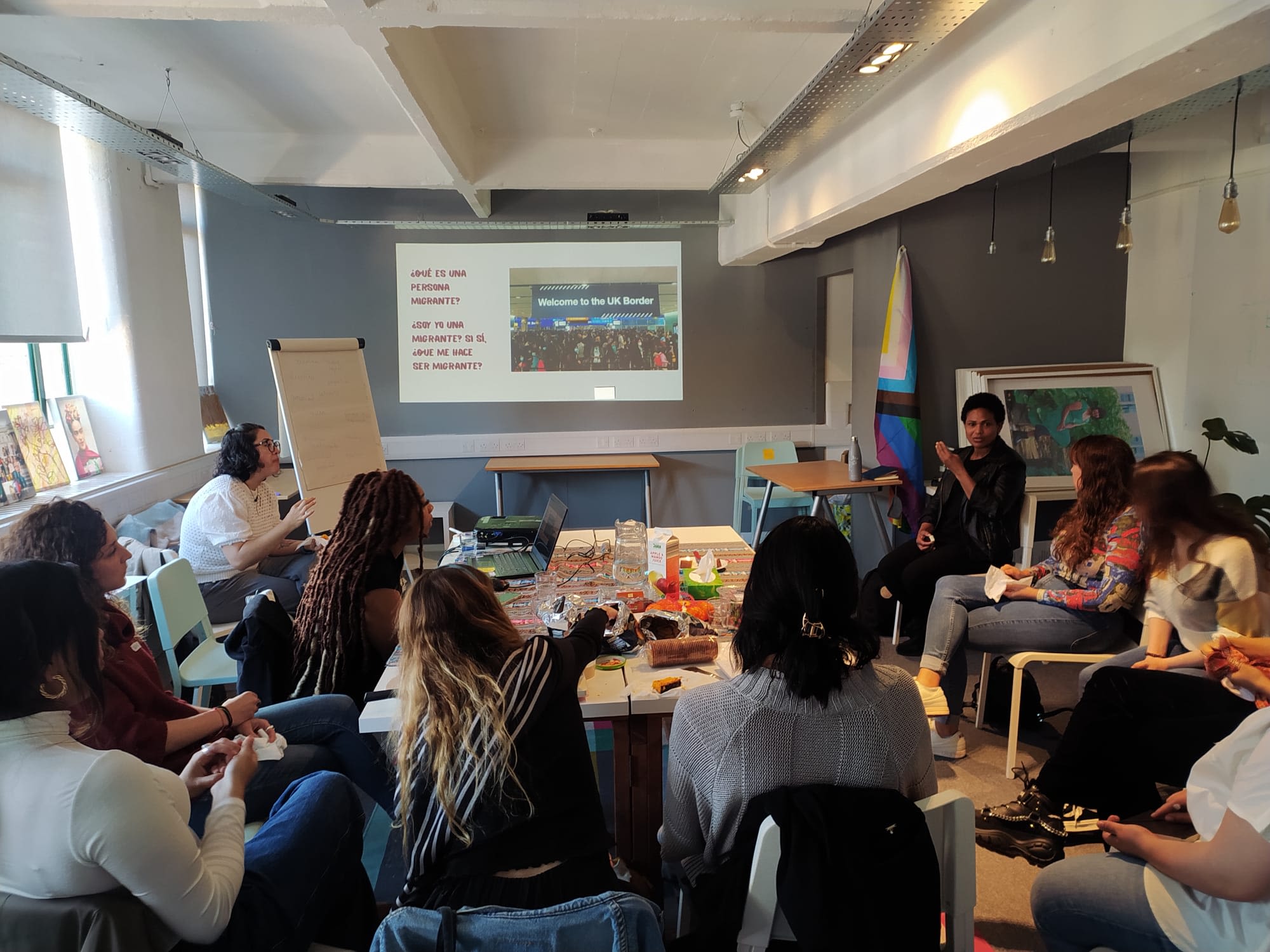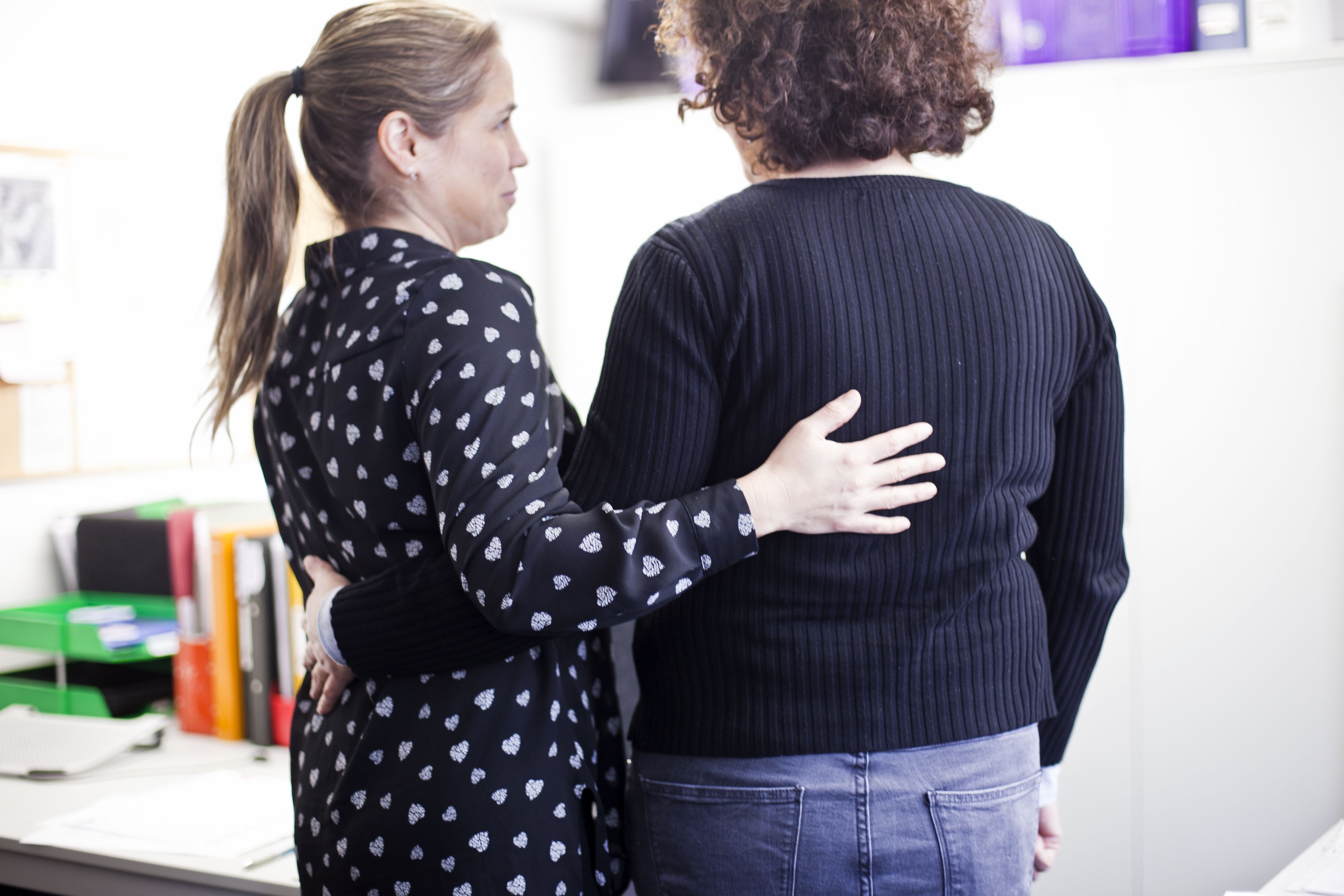‘The immigration system is not designed for us’
How Latin American women fleeing domestic violence are failed by the system

One in four women will suffer from some sort of domestic abuse during their lifetime in the UK. Just last year, that statistic translated into 1.7 million women being victims.
This social problem was clear to see when, in 2021, the government set out to pass the Domestic Abuse Act 2021.
The Act sought to improve the effectiveness of the justice system in providing protection for victims of domestic abuse, bringing perpetrators to justice, and raising awareness of the devastating impact it can have on victims and their families.
Despite being a momentous juncture, the Act failed to provide the adequate protections to cater for all the intersectional experiences women endure as victims of domestic abuse. Importantly, it failed to integrate an understanding of how migrant Latin American women face arduous attempts in trying to seek help from the authorities.
Two years on from the Act, little has been done to help Latin American women escaping domestic violence in the UK.
How does domestic violence affect Latin American women differently?
Women and children from Latin American and other BME backgrounds are generally trapped in violent relationships with their partners for about 40% longer than their white British counterparts. Moreover, 56% of Latin American women never report domestic violence because they believe nothing will be done, they lack information, feel shame, and fear deportation due to their insecure immigration status.
“The needs and experiences of the women from our community are incredibly different from other women who also experience gender-based violence,” explains Angie Herrera, Director of Latin American Women’s Aid (LAWA), a London-based charity run by and for Latin American women fleeing domestic and gender-based violence.
“The experience of the women that come to us and that we work with are intersected by so many different things – one is the experience of violence itself but also the journey they go through when they are accessing the system and all the institutional violence they have to face as a result of discrimination.”
Women who suffer institutional abuse are less likely to seek support, which can elongate the abuse causing severe danger. According to data by LAWA, Latin American women experiencing abuse every day has increased from 40% in 2019 to 47% in 2021.
Despite this increase, institutional abuse continues to be characteristic of Latin American women’s encounter with the immigration system, emergency services, and social benefits.
“The immigration system isn’t meant for us, at all,” stresses Herrera. “The starting point is different for a British national than for the rest.”
When Latin American women fleeing domestic violence request statutory support, they are required to go through a confusing application process to lift restrictions to access funds. Herrera explains this process can take days or months – just to access basic statutory support.
Navigating the process in a second language complicates the matter further. “If you don’t know the system or if you don’t speak English, how on Earth are you going to do this?,” questions Herrera.
Discrimination from statutory agencies mean Latin American women have to endure a longer process to be able to access benefits. “What may be one meeting or one call for a white British woman is ten meetings and ten calls for a woman from our community,” reveals Herrera.
The drawn out contact with statutory agencies leads to women having to constantly relive their trauma, making it difficult to start taking the steps towards healing and renormalisation of their living situation.


Brexit and Latin American victims of domestic abuse

Brexit further complicated Latin American women’s access to benefits. Due to colonial ties between Spain, Portugal, and Latin America, many of the women LAWA works with will have a European passport. As such, many will have a ‘Pre-Settled status’ due to the post-Brexit European immigration framework.
On paper, those with pre-settled status have access to important treaty rights like the right to reside and the right to work in the UK. Nevertheless, Maria* the refuge manager at LAWA, explains women with pre-settled status face more scrutiny when trying to access benefits. In some cases, they will be benefit capped.
“In order to claim benefits, you must exercise your treaty rights, which for the majority of people is through work,” explains Maria. “But for someone who has been forcibly controlled and not allowed to work since they arrived or just had a child, there is inactivity and that person is not going to be eligible.”
According to LAWA’s experience in supporting women with pre-settled status, there is a widespread tendency from statutory service to assume they are not entitled to support. This is due to a lack of guidance and clarity provided to social service providers. Prior to Brexit, however, Latin America migrant women had access to Derivative Rights, which meant that they automatically had access to benefits through their spouse.
That has since stopped and LAWA reports that the Department for Work and Pensions (DWP) has no compassion towards cases where coercive control has stopped victims from exercising their statutory rights through the European Settlement Scheme.
In response, the DWP noted they are committed to supporting all victims of domestic abuse, evidenced by the launch of the Support for Migrants Scheme in 2021. The pilot scheme seeks to provide a support net for migrant victims of abuse with no recourse to public funds. Nevertheless, the continued and rising demand for LAWA's specialised services negates the impact of the DWP's efforts.
“I think this whole system was sort of ‘let’s figure out the details later’,”says Maria, discussing the repercussions Brexit had on migrant women who are domestic abuse victims.
There’s little guidance as to how long a woman with pre-settled status needs to be exercising her treaty rights to access benefits. “There’s been some cases which have been approved after the person was working for three weeks and then there’s been other cases where the DWP has said it has to be three months, and there’s been some cases where zero contract hours are fine because you’re intending to work.”
In part, the difficulty for women with pre-settled status to access social benefits is explained by a lack of guidance and training of local authorities.
However, to Gabriela Quevedo, Advocacy, Community and Learning Director at LAWA, Brexit is just the latest symptom of how the immigration system is poised against migrants. “The immigration system in this country has always been hostile”, she says.
“I know the language of hostile environment has a particular association with a period of time that is within these last ten years of governance, but structurally speaking, the system has always been rigged against vulnerable women that come from the Global South, broadly speaking.” In response, the Home Office stated they are committed to supporting all victims of domestic abuse, regardless of their immigration status.
The lack of clarity of what women with pre-settled status are entitled to by local authorities, paired with discrimination by statutory agencies, means their immigration status can be easily weaponised by their partners. This perpetuates a vicious cycle of violence where women don’t trust authorities enough to help them leave their violent situations at home.
*name changed for anonymity
“The Department for Work and Pensions doesnt have any compassion towards these cases, there’s no support in the case where there’s coercive control”
Data taken from 369 women, who LAWA helped between 2021 and 2022. According to Section 115 of the Immigration and Asylum Act 1999, a person will have no 'recourse to public funds' (NRPF) if they are subject to immigration control.
Finding a new home

“The issue of not having a regulated housing market in London creates extreme vulnerability for any woman who is trying to leave domestic abuse.”
For the women that muster the courage to flee their abusers, a new Herculean challenge awaits when trying to navigate the housing market in London. Recent research indicates that over 50% of Latin American women have financial hardships. To many, the private housing market will automatically be discarded as an option due to high rent prices.
After 5 years of work in the WAHA (Women Against Homelessness and Abuse) program led by LAWA, the organisation has noted ongoing inequalities in accessing housing. Namely, there’s a failure by councils to re-house survivors in safe, suitable and stable accommodation, there’s entrenched gatekeeping practices by local housing teams, and a lack of provision of interpreting services.
In fact, the lack of information on how to apply for housing and a lack of or ineffective interpreting services have left only one in five Latin American women accessing social security services.
Local housing allowance, which is a component of universal credit that is used to pay rent, is currently below the market rate which means women accessing benefits need to take money from their personal allowance. This would otherwise be used for other things like food.
“The issue of not having a regulated housing market in London creates extreme vulnerability for any woman who is trying to leave domestic abuse,” notes Belen, Violence Against Women and Girls (VAWG) Advice Centre Senior Coordinator at LAWA.
The worst-affected areas for social housing in London include Lambeth and Islington, where 20% of Latin American women settle when they move to London. Those with the lowest income, have to spend over 50% of their monthly income on the cheapest rent available.
The difficulty of accessing benefits and navigating a complex and precarious social housing system means women stay longer in refuges. Yet, refuges can barely keep up with demand. The specialised Black and minority sector currently provides 296 refuge bed spaces in the UK but demand in 2020 to 2021 demonstrated that an additional 1,172 bed spaces were needed.
Importantly, services like LAWA that provide specialist support for women who face intersectional violence, are left underfunded by the government. Research shows that less than 2% of all grants recorded on 360Giving in 2021 went to women’s and girl’s organisations and 50% of all grants to this sector were of £10,000 or less.
What has been and can be done

Despite scant resourcing, LAWA is rich in support and the power of will to challenge a social benefits system that fails to help Latin American women.
Just in March this year, LAWA was instrumental in a judgement that settled that women’s refuge addresses should always be kept confidential. This emerged as a result of a woman who was stalked after a family court shared her refuge address with her ex-partner. It was feared she would flee the country with her children simply for the fact of being an immigrant.
Alongside Refuge and Women’s Aid Federation England, LAWA made a joint submission to the High Court of England and Wales. The Court eventually ruled that family courts must be much more protective of residential addresses of women’s refuges for the safety of all of the women and children who reside there.
LAWA has been directly involved in three similar cases since 2019, and from their observations, the order to share the refuge address has stemmed from the presumption that there is an increased risk of abduction of the child because its mother is a migrant.
There is still a lot of work to be done to help support minority women who experience domestic and gender-based violence. To the women who work at LAWA, there is still a need for an accessible immigration system where any victim of domestic abuse can request tools to settle in the UK without constant fear of prosecution or discrimination.
Despite the prevalent sense of hostility that exists towards Latin American victims of domestic abuse, LAWA has managed to help countless women get back on their feet and feel autonomous.
On the morning that Maria spoke with South West Londoner, she revealed she had signed off the papers hours earlier for a woman leaving one of the LAWA refuges. She had finally managed to access benefits after a complicated case that meant she had been funded by the local authority for months under Section 17.
“We have a question in our questionnaire which is ‘Me gusto a mi misma’ (I like myself), and when she got here that was like a one, and now it’s a five,” said Gonzales. “That was just so great to see her so happy and ready to take on the next thing.”
